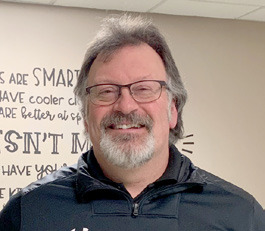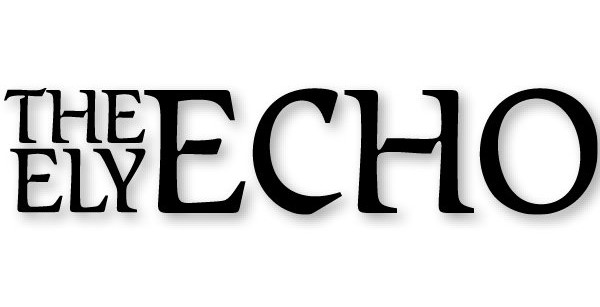What do teachers (and Principals) do on a teacher inservice day? If you haven’t been a teacher you may wonder if the time spent is valid? I grew up the son of two teachers, so all I really knew is that my parents were both gone and my sister and I were home.
I loved it when there was an inservice in the fall during hunting season, because I would take the three-wheeler (yes I am that old) or Dad’s old Chevy Blazer out into the woods and try to bag some grouse. One year I put his Blazer in the ditch and had to call the school to tell him and then call for a tow truck. Dad wasn’t too happy, but I guess it’s all a part of growing up. There were no cell phones then, so I had to walk a couple miles to Andeline’s Store in Britt (now the Britt Lounge) and use Margie Andeline’s rotary phone.
This past week, teachers had an inservice. The Elementary staff participated in READ Act Training, and the High School staff saw a guest presenter, Mark Perna. I could tell you all about the READ Act, which is a new MN initiative to help improve stagnant reading scores state-wide. But…I think it will be a little bit more interesting to talk about the Perna presentation.
If you have a few minutes, look him up on the internet. Mark is a self-proclaimed “generational expert” with an interest in the modern generation, Generation Z. The Z’ers are the young people born between 1997-2012.
At school, this is our students from grade 6 to grade 12, plus the graduates for the last 15 years or so. This generation was the first to grow up with the internet and cell phones. The first to have wireless devices such as iPads and laptops. They are also blamed by many older generations for some of the problems in our time.
Perna asked, “What are some adjectives that come to mind when describing stereotypes about Gen Z?” The crowd will call out descriptors such as “lazy” and “entitled.” “Spoiled” and “unmotivated” often follow.
Perna uses this as an opportunity to disagree and explain that they are not lazy, but just motivated by different things. These are our students and our future, and they do bring some amazing things to the table. Our job as educators is to help motivate them in a world that may seem foreign.
I have no intent on adding any fuel to a generation war, but I am a Generation X human. We were motivated by different things. Our lives were different. We cannot even fathom as a teenager having the ability to access entertainment on the internet like our kids today, even in a rural area such as ours.
I remember being glued to WTBX radio on Friday night just hoping to hear Billy Idol’s “White Wedding” so that I could record it (with the DJ talking over the music) on a cassette tape because my parents were never going to buy me the actual album on cassette… because that was too expensive.
Perna goes on to talk about motivating our young people through a different lens. Through morality and interest. He stresses the importance of using high school to lay out a pathway to success while harnessing what he calls the “Competitive Edge.”
While students may not seem as motivated by academics, they need to know that academic knowledge will always be valued. So will commitment, work ethic, and showing up on time. Problem solving, creativity, and teamwork are other factors valued by employers. These are skills that all students can learn.
He is also a proponent of career pathways, or “Career Trees.” Through helping to guide students by using their interests and strengths into different levels of careers, his strategies help motivate and guide teachers with the tools to help students find their passion and build their competitive edge in order to obtain the career opportunities they want.
If you are a parent of a NER student, you may notice them coming home from school stating that their teachers are talking about this in class. We are. We are talking about it because we are excited and motivated, and hope to help motivate our students to be the best that they can be, and to find fulfilling careers in a job market that is crying out for qualified candidates.
Besides teaching content and building relationships, our job is to find value in what each student brings into class, and help use that to find their individual route to success after high school is done. We truly want to be proud of our students.



